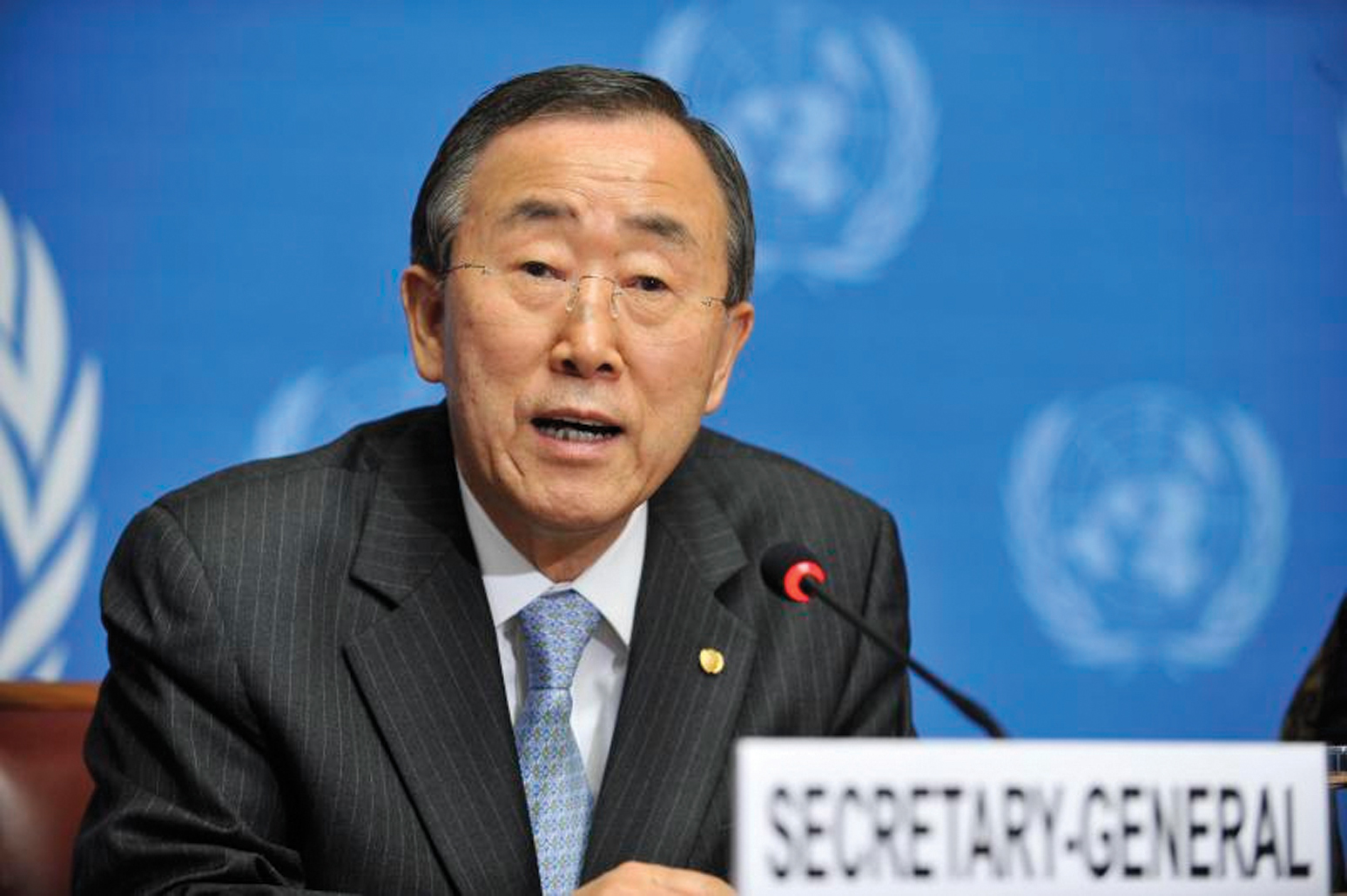• As the current tomato crisis could have been avoided
THE UN Development Programme (UNDP) project Lead Consultant, Prof. Emmanuel Oladipo has warned that Nigeria might experience food shortage, if urgent interventions are not put in place to enhance food production in a recent NAN interview in Abuja.
Oladipo speaking on a UNDP project “Targeting Interventions to Foster Sustainable and Resilient Food Security in Nigeria” expressed regrets that not much attention was being paid to agriculture by the three tiers of government in the country.
The Professor reiterated that there’s a general concern that if care is not taken, many parts of Nigeria will suffer from severe food insecurity and to ensure that food security does not add more to the problems that is already exiting, the Global Environment Facility is supporting Nigeria to develop and implement food security projects.
He said that the support is to develop and implement projects in Nigeria to foster sustainable and resilient food security systems, which means in the area of production, marketing, processing and value-chain, as the main aim of the project was to ensure that the country’s food production system is preserved, irrespective of unforeseen challenges.
The Don further explained that the project is sustainable, meaning it can continue; resilient, in the sense that it can absorb shocks and bounce back, adding that even, if there are climatic shocks, the food production system will not be completely wiped out.
The UNDP Official noted that the current tomato crisis in the country could have been avoided if adequate proactive measures had been taken, adding that it is unfortunate that the tomato issue came up but it shows again that when the land is good to us, a time will come that it might be weak.
He explained that when we keep using the land the same way; every time, the same fertiliser is applied; we keep using a lot of bad, drainage water to wet the land for tomatoes, it creates a lot of fight back that is allowing this tomato pests now to destroy the crop.
The UNDP Lead Consultant thus called for an integrated approach in proffering solutions to the tomato crisis rather than waiting for a crisis to develop before struggling to address the problem, stressing that “ if we rush now and say we have pesticide for `tutaabsoluta` called ‘Tomato Ebola’, as that one is on, another one may come up again”.
Oladapo explained that the UNDP project is to ensure that if there are shocks in the market system, the farmers will not be completely discouraged, noting that the country has to find a way by which we do things that will ensure that food is always readily available, accessible, affordable, and can be easily utilised very well by the people.
He also noted that in view of the fact that nearly 90 per cent of farmers in Nigeria are small holders, the emphasis is on how to help and empower them enough, emphasizing that in this way, they can improve in their areas of production and processing, and ensure that as much as possible, the role of women is not completely neglected in the process.

 Health6 days ago
Health6 days ago
 Entertainment1 week ago
Entertainment1 week ago
 Crime7 days ago
Crime7 days ago
 Comments and Issues1 week ago
Comments and Issues1 week ago
 Latest1 week ago
Latest1 week ago
 Football1 week ago
Football1 week ago
 Comments and Issues1 week ago
Comments and Issues1 week ago
 Comments and Issues1 week ago
Comments and Issues1 week ago

